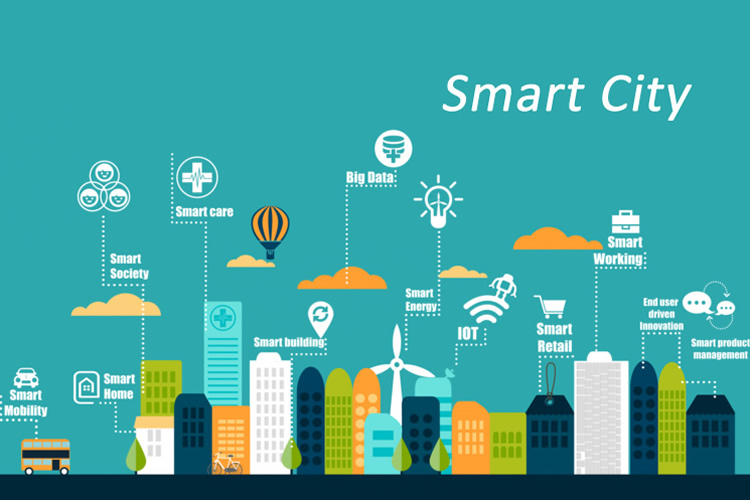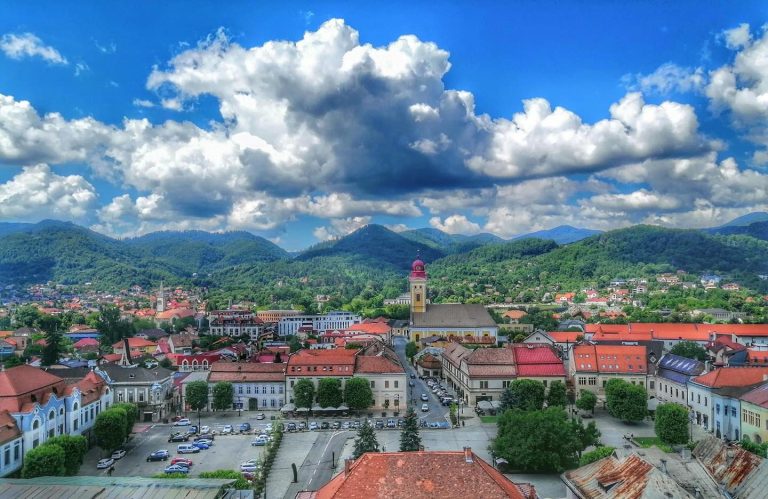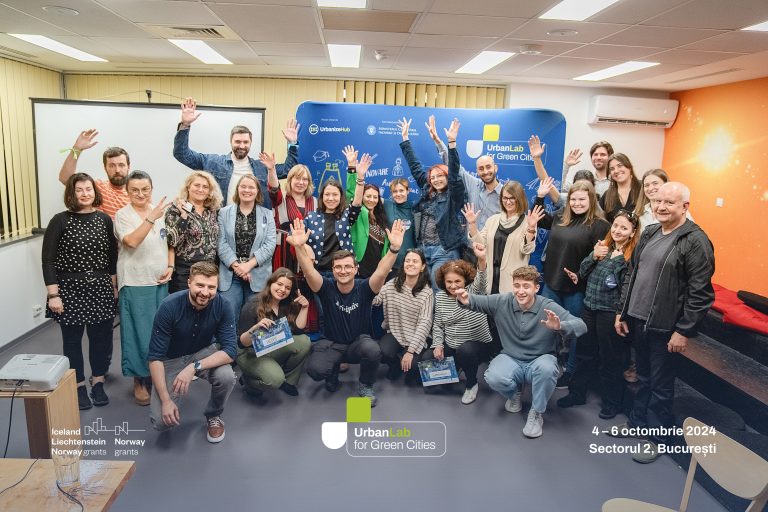Cyber-threats are expanding in every way from attack frequency to scale, sophistication and impact severity. The rate of code vulnerabilities found in dated, internet-accessible software also shows no signs of abating. Crypto-ransomware that leverages clever engineering techniques is also on the rise. As more and more smart devices running critical infrastructure organizations can connect to the Internet, cyber-threats to smart cities are becoming a serious security risk.
Smart cities are the outcome of integrating technologies into new or existing urban landscapes. There is going to be a paradigm shift of what we experience and what we come to expect from the cities around us. In the times to come, smart cities will provide businesses with unprecedented economic opportunities. In effect, these transformations of today’s cities into smart cities will be an amalgamation of two major technologies – millions of sensors connected to devices dispersed across a city (i.e Internet of Things devices) and a network that connects all of these nodes together and enables real-time communication. By 2020, there will be more than 50 Billion Internet-connected devices that will transform the way we live and work.
As cities become smarter with the implementation of newer technologies, consider what could happen if one or more technology-reliant services fail to work. Internet of Things (IoT) based Smart devices such as traffic and surveillance cameras, meters, street lights, traffic lights, smart pipes, and sensors are easy to implement and, at the same time, even easier to hack, due to the lack of stringent security measures and their insecure encryption mechanisms. This is a major point of concern as smart cities are implementing brand new technologies at a very fast pace, without testing them for cyber threats and their ramifications.
At the same time, experts are working on making smart cities as secure as possible. An example is the RSA Conference 2016 in Abu Dhabi – a leading example on the smart city front (which also embraces IoT), with an understanding of the importance of security as a principal consideration vs. an afterthought.
In the following video, Dr Simon Moores, a leading futurist and an information risk consultant, presents a glimpse into the future of smart cities and security.
Source : Inderjit Singh, RSA Conference
Photo : Inderjit Singh







